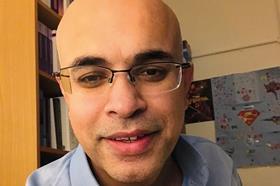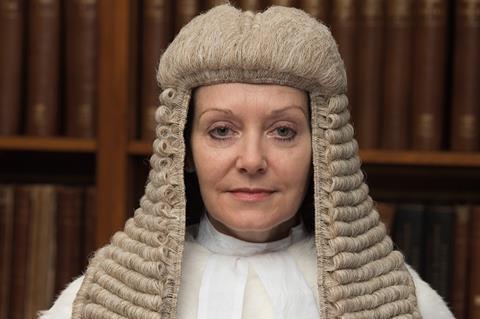It is trite law that the court’s permission is required before an expert’s report can be relied upon, replaced or before an expert can be called to give oral evidence (CPR r.35.4). In Avantage (Cheshire) Limited & Others v GB Building Solutions Limited (in administration) & Others [2023] EWHC 802 (TCC), Mrs Justice O’Farrell (pictured below) considered the claimants’ application to replace two appointed experts.

The general principles
The court’s power to permit a party to replace an expert on which it relies can be summarised as follows:
- The court has a general discretion to permit a party to change an expert (CPR 35.4) or as part of its general case management powers (CPR 3.1(2)).
- The general discretion should be exercised having regard to all the circumstances of the case and in accordance with the overriding objective.
- The usual rule is that the court should not refuse a party permission to rely on a new expert in substitution for an existing expert (see Edwards-Tubb v JD Wetherspoon plc [2011] EWCA Civ 136).
- The court has the power to give permission to substitute an expert on condition that the original expert’s reports, containing the substance of the expert’s opinion, are disclosed (the disclosure condition) to the other parties and this condition will usually be imposed (see Beck v Ministry of Defence [2003] EWCA Civ 1043).
- The court’s power to impose a disclosure condition may extend to other documents containing the substance of the original expert’s opinion, but the court must be cautious about encroaching upon areas of privilege and consider the potential value of such other documents carefully (BMG (Mansfield) Ltd v Galliford Try Construction Ltd [2013] EWHC 3183 (TCC)).
The current case
The dispute concerned a claim for damages of more than £40m from the defendants in respect of alleged deficiencies in the design and construction of the claimants’ property.

At a case management conference, the judge gave permission for the claimants to call SH, a forensic scientist, and PW, a fire engineer. The claimants subsequently made an application to the court to replace both experts.
Although the defendants did not, in principle, oppose the claimants’ application to replace SH, they argued that the court should make permission subject to conditions that SH’s earlier reports, opinions and investigation notes be disclosed.
O’Farrell held that there was no impropriety in the claimants’ request to replace SH. They had been forced to make the change due to SH’s illness, a matter over which the claimants had no control and for which there should be no court sanction. For that reason, the defendants’ requests for an order that the claimants should disclose SH’s report, draft report or other documents evidencing her opinion were refused.
However, O’Farrell did order disclosure of SH’s reports and notes of site inspections and interviews, on the basis that those documents contained relevant, primary information that was no longer available to the other experts.
The defendants opposed the claimants’ application to replace PW on the basis that no proper explanation had been provided for the proposed substitution and that it was expert-shopping. Alternatively, the defendants argued that any permission to replace PW should be conditional on disclosure of all of PW’s reports and correspondence, including notes of meetings, telephone calls and discussions.
O’Farrell allowed the substitution of PW. She found the claimants to be frank with the court that they were not happy with PW as an expert, and that it was in the interests of justice that the claimants should have permission to rely on an expert in whom they have confidence. The adjournment of the trial date and the revised timetable for expert evidence meant that no prejudice would be suffered by the other experts as a result of the proposed change.
Although O’Farrell ordered the disclosure of PW’s draft reports, she did not order the disclosure of attendance notes of discussions with PW, because this would cause practical difficulties in producing redacted versions of the documents that were of probative value. Further, such an order would constitute an unnecessary invasion of the claimants’ privilege in circumstances where there was no suggestion of any culpable behaviour on the part of the claimants or their experts; they were simply unhappy with PW as an expert.
Overriding objective
The decision in Avantage (Cheshire) Limited is a welcome reminder of the legal principles and the approach that courts will take when determining an application to change an expert. As the decision illustrates, the courts will determine each application to replace an expert with regard to all the circumstances of the case and in accordance with the overriding objective.
Although the courts will impose a disclosure condition when granting permission to replace an expert, they will be cautious not to undermine legal professional privilege. There are valid justifications for the disclosure condition, including the need to prevent expert shopping and the need to ensure that the expert’s contribution is available to the court and all parties, regardless of the instructing party.
Masood Ahmed is an associate professor of law at the University of Leicester. Lal Akhter is director of Docket Live and an unregistered barrister































No comments yet